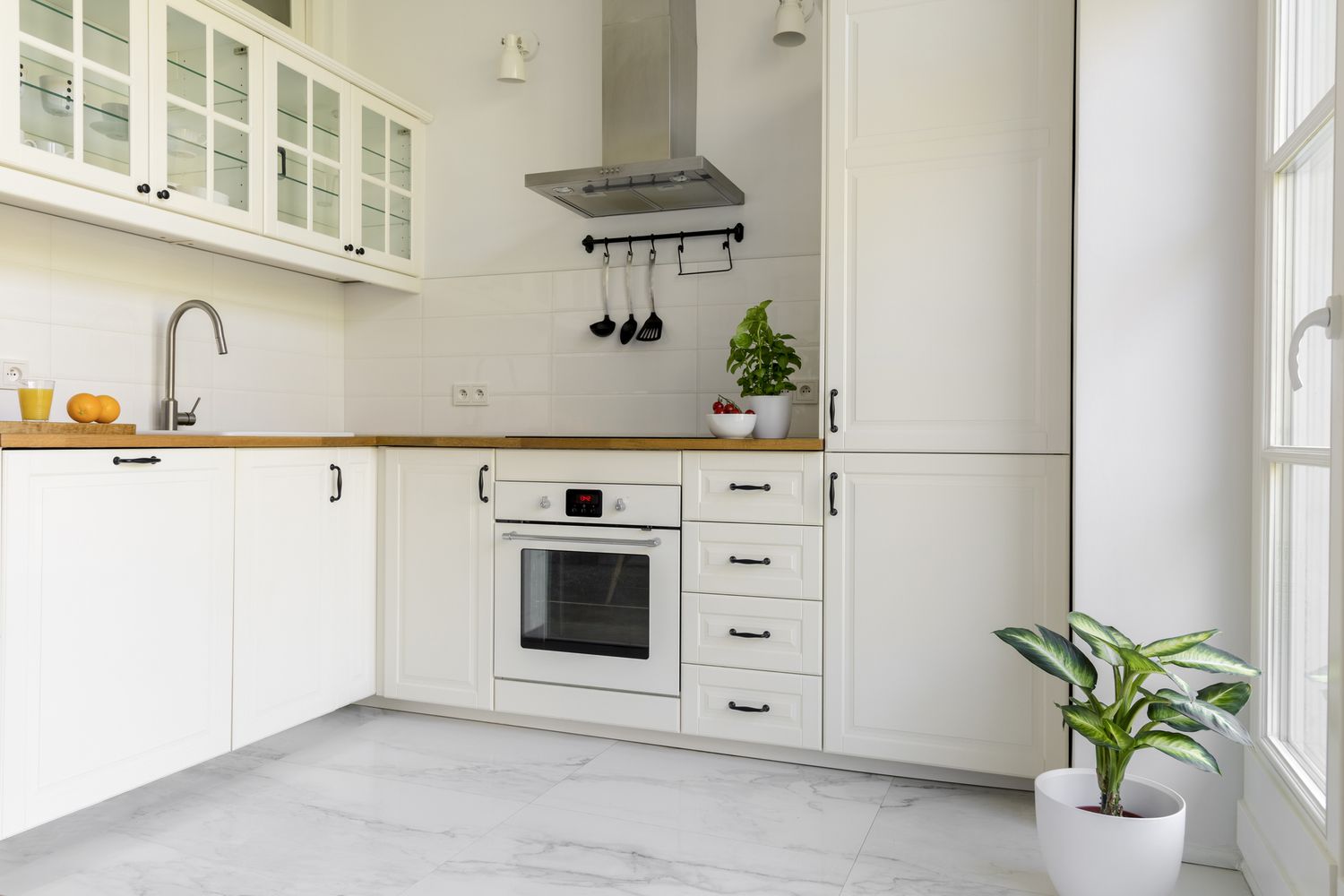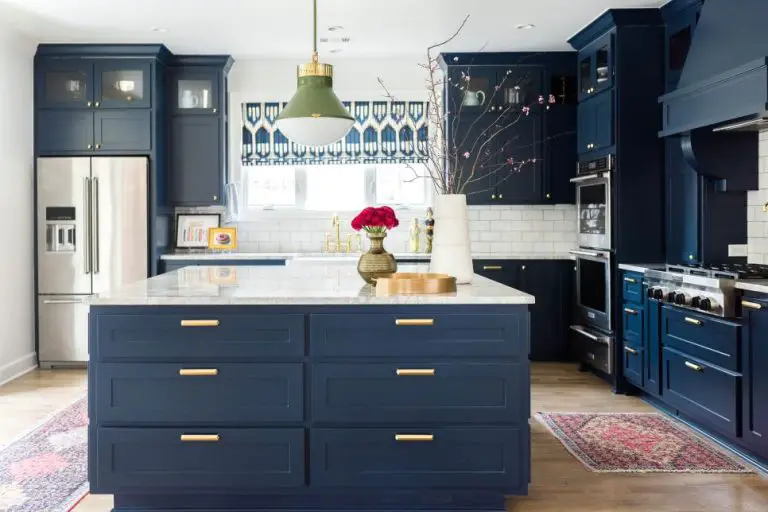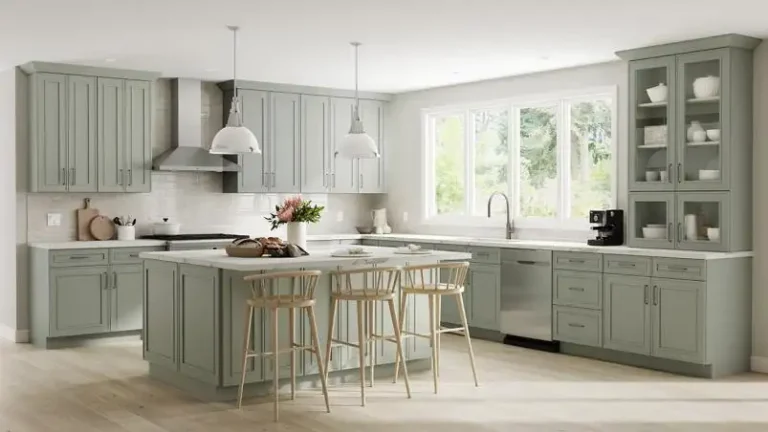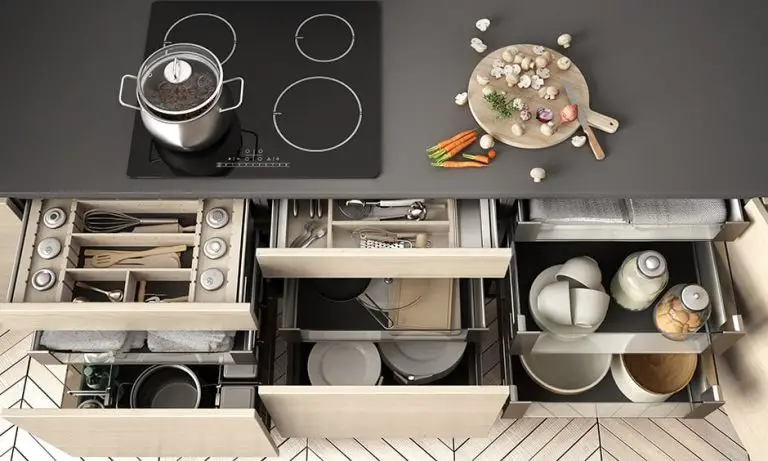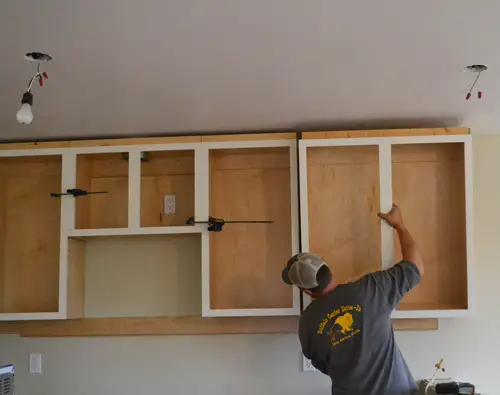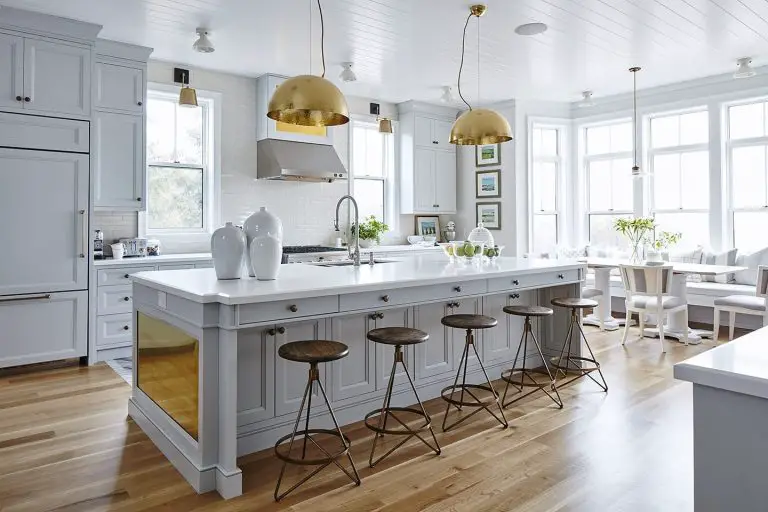Pros and Cons of Marble Flooring in Kitchens
Marble flooring is a popular choice for kitchens due to its beauty and durability. While marble is a great choice for kitchen flooring, there are both pros and cons to consider before making a decision. The pros of marble flooring include its luxurious look, durability, and low maintenance requirements. On the other hand, the cons of marble flooring include its cost, susceptibility to staining and scratching, and the fact that it can be cold to the touch. Ultimately, if you’re willing to take the time to properly maintain your marble flooring, it can be a great way to add a touch of elegance to your kitchen.
Overview of Marble Flooring
Marble flooring is a timeless, classic choice for any home. It adds sophistication and elegance to any room, while also being incredibly durable and easy to maintain. Marble is a natural stone that is available in a variety of colors and patterns, making it the perfect choice for any home. It is also highly resistant to scratches, making it an ideal choice for high-traffic areas. Marble flooring is slightly more expensive than other flooring options, however, its unique style and durability make it well worth the investment.
Benefits of Marble Flooring in Kitchens
Marble flooring in kitchens is an excellent choice for many reasons. It has a unique, timeless aesthetic that will make any room look luxurious and inviting. Marble is also incredibly durable, and it can last for many years with proper maintenance. Additionally, marble is easy to clean and can add a touch of elegance to any space. The only downside is that it can be quite expensive. However, the long-term benefits make it worth the investment. So if you’re looking to spruce up your kitchen, consider investing in marble flooring – it’ll be worth it in the long run!
Drawbacks of Marble Flooring in Kitchens
Marble flooring is a timeless classic that adds sophistication and beauty to any kitchen, but it does come with some drawbacks. Marble is a porous material, meaning that liquids can penetrate the surface and cause staining. In addition, marble is a softer stone and is prone to scratches and etching from acidic liquids. It is also more expensive than other materials and requires ongoing maintenance, such as sealing, to keep it looking its best. Lastly, marble is a naturally cool material, so it can be uncomfortable to stand on for long periods of time. While marble flooring can be a luxurious and beautiful addition to any kitchen, it is important to weigh these drawbacks before making a decision.
Cost Considerations for Marble Flooring
Cost is a major factor when it comes to marble flooring. From the initial purchase of the material to the installation to the ongoing maintenance and upkeep, the total cost can be considerable. However, marble is a timeless and luxurious material that can add value to your home. It’s important to consider all the cost implications before making a decision. The initial cost of the marble, the installation cost, as well as the ongoing maintenance costs, and the resale value of the home, should all be taken into consideration. The beauty of marble flooring is undeniable, but the cost of it can be prohibitive. Consider all the factors before making a decision to ensure you get the maximum value for your investment.

Maintenance Requirements for Marble Floors
Marble floors are an elegant and timeless addition to any home, but they do require regular maintenance to keep them looking their best. Marble floors can be cleaned with a neutral pH cleaner and then sealed. Regular cleaning with a damp mop and pH-neutral cleaner is necessary to help avoid staining and etching. Additionally, marble floors should be resealed every few years to protect them from dirt and spills. Marble floors should also be buffed regularly to maintain their luster and shine. Finally, never use abrasive cleaners or scrubbing pads on marble floors, as these can cause the surface to become dull and scratched. With proper care and maintenance, marble floors will remain a beautiful and timeless addition to any home.
Alternatives to Marble Flooring in Kitchens
If you’re looking to give your kitchen a stylish and timeless finish, marble flooring is a great option. However, there are also many other alternatives that can bring a unique and modern look to your home. From natural stone to porcelain tiles, here are some of the best alternatives to marble flooring in kitchens. Natural stone such as slate, limestone, and travertine is a great option as it is naturally resistant to spills and stains, making it a great choice for a kitchen floor. Porcelain tiles are also a great option as they come in a range of styles and colours, and are also highly durable and easy to maintain. Vinyl flooring is another great option as it is both affordable and waterproof. Finally, wood flooring is a great choice for a classic look and can be easily refinished if it gets damaged or worn down over time. With so many options to choose from, you can find the perfect alternative to marble flooring to give your kitchen a beautiful and timeless finish.
Installation Tips for Marble Floors in Kitchens
Marble floors can instantly add a touch of luxury to any kitchen, but installing them can be a tricky task. Whether you’re a novice DIYer or an experienced tradesperson, these 7 installation tips for marble floors in kitchens will ensure you achieve a professional finish. Start by pre-treating the surface, removing all dirt, grease, and debris. Next, use grout to fill in any gaps and use sealant to protect your marble floor from water damage. Once the sealant is dry, use a mastic adhesive to stick the marble tiles into place. Finally, apply a marble sealer to add a glossy finish, and make sure you buff out any imperfections. With these 7 tips, you can have a beautiful marble floor in no time.
Conclusion
Overall, marble flooring in kitchens is a luxurious and timeless choice. It is durable and resistant to heat and scratches, and can easily be maintained with regular cleaning and sealing. However, it is important to note that marble is a porous material, which makes it vulnerable to staining, and it can be expensive. When making the decision to install marble flooring in your kitchen, it is important to consider both the pros and cons.

